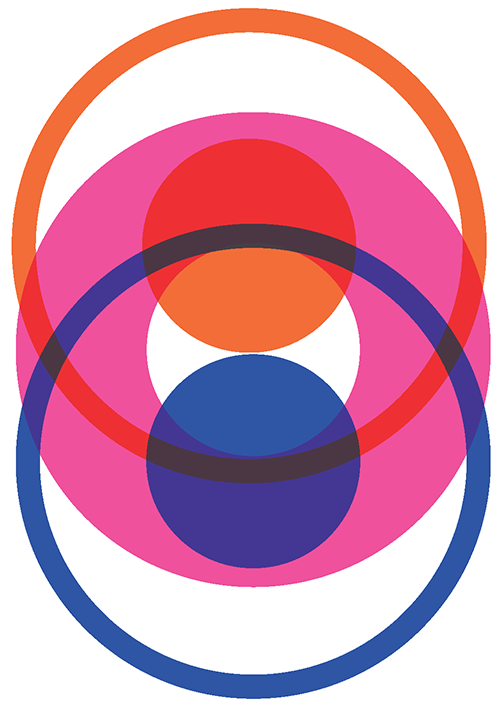
Place-Based Field School
Place-Based Field School embeds emerging Emily Carr artists and designers into settings and relationships that extend beyond the school, establishing or strengthening ties that may continue beyond their course or degree.
Learning within the context of place – that is, within active social, institutional and ecological dynamics on unceded territory – how might we collectively trouble hierarchical and exploitative structures and take up ethics of place-based responsibility? Drawing from mutual aid practices that respond to the immediate needs and concerns of a community while also addressing systemic transformation, and in relation to curriculum supporting design for biodiversity, this field school aims to contextualize creative actions within initiatives and approaches held by our community, taking up the following questions:
- What are our responsibilities, reciprocities and commitments to land, and to the plant and animal beings we share this space with?
- How can we as individual designers and also as a collective take up the responsibility of contributing to the places where we are? What can each of us offer?
Place-Based Field School explores these questions with neighbours and organizations from our community who are engaged in place-based responsibility every day through their work and ways of living: Indigenous artists and ethno-botanists; community organizers, activists and social workers; gardeners and waste remediators; front-line workers in housing and housing advocacy; advocates for cultural labour; and artists engaged with land and material.
The field school is facilitated by faculty leads Jean Chisholm and Laura Kozak with the support of Emily Carr DESIS Lab and a group of Emily Carr undergraduate and graduate students: Melanie Camman, Xinwei Che, Christa Clay, Bianca Del Rio Kodato, Angela Dione, Jaiden George, Marcia Higuchi, Zoe Laycock, Thu Le, and Teagan Moore.
This program is a part of a larger project, Work Integrated Learning for Community Based Design, generously supported by the Co-op and Work Integrated Learning Initiative of the Ministry of Advanced Education, Skills and Training, and the Government of Canada’s Innovative Work-Integrated Learning program and CEWIL iHUB. Work Integrated Learning for Community Based Design embeds artists and designers into local ecosystems of co-ops, non-profits, companies and working towards shared goals of social and ecological sustainability.
